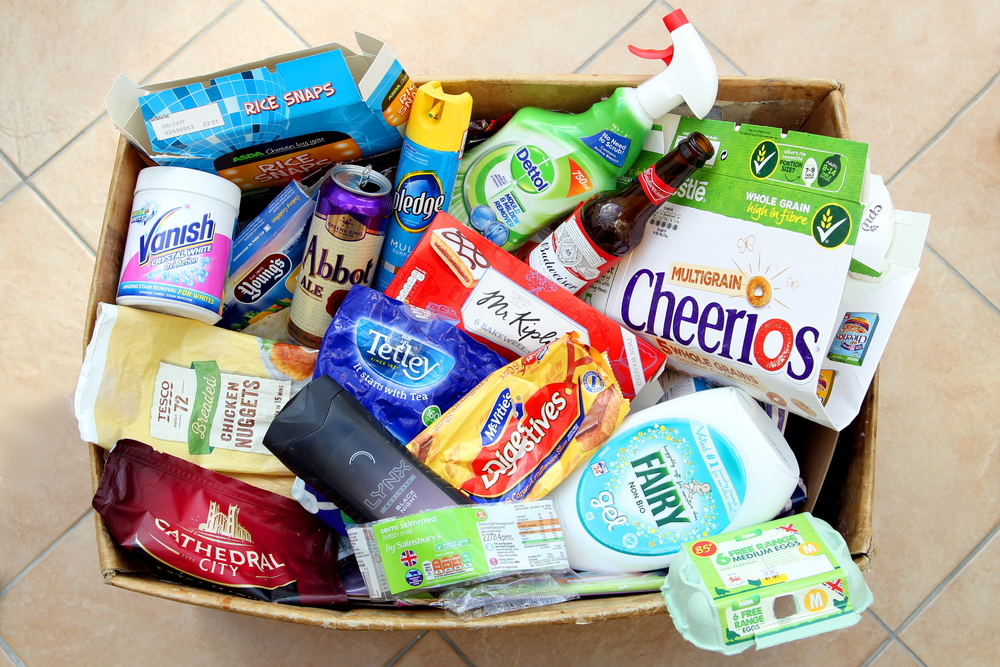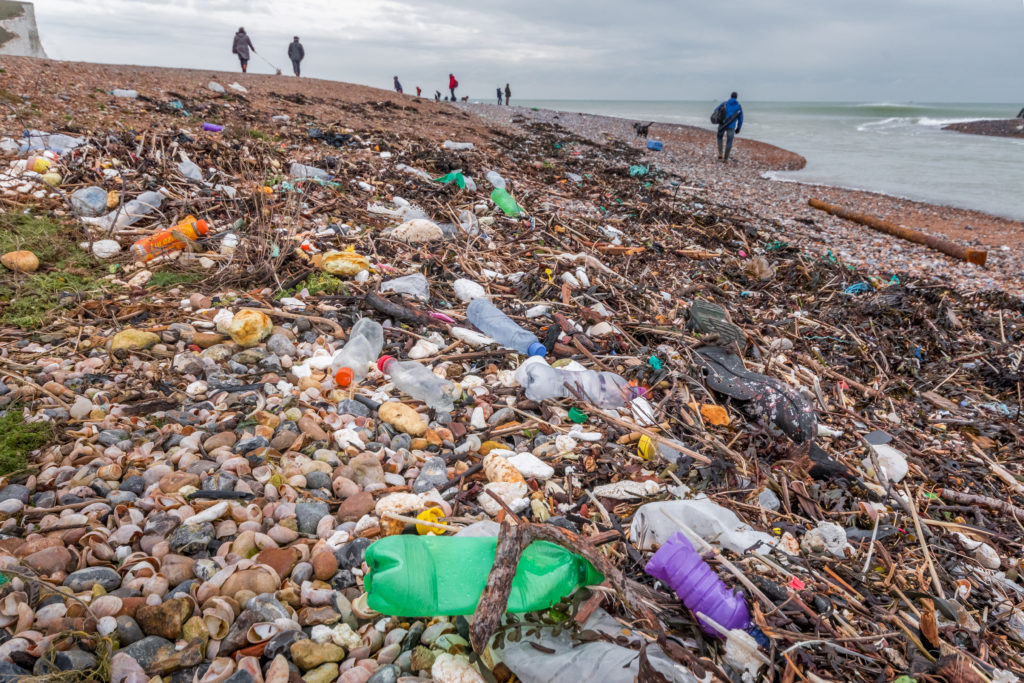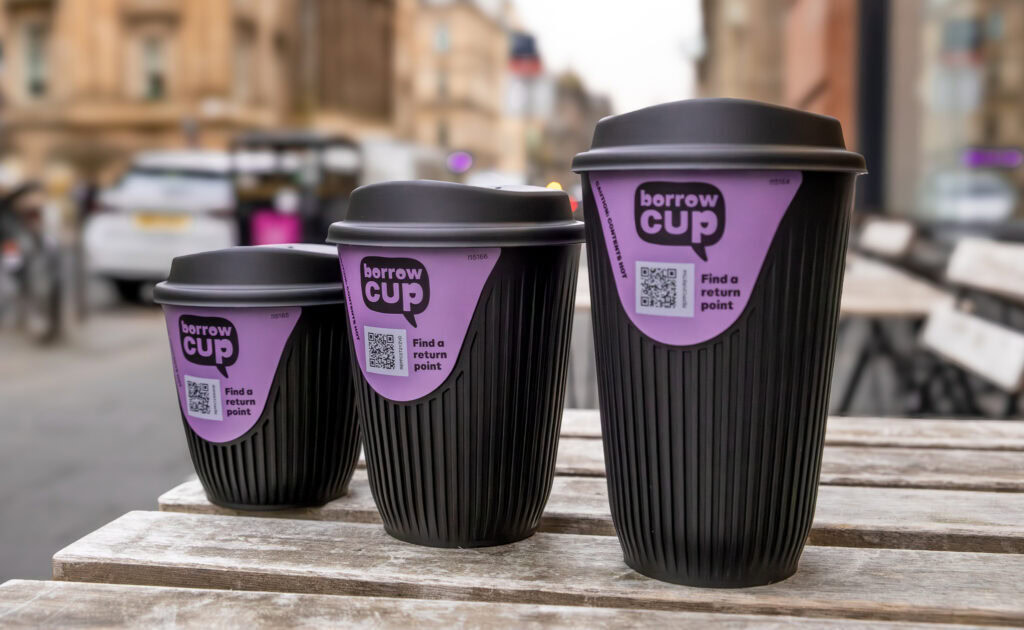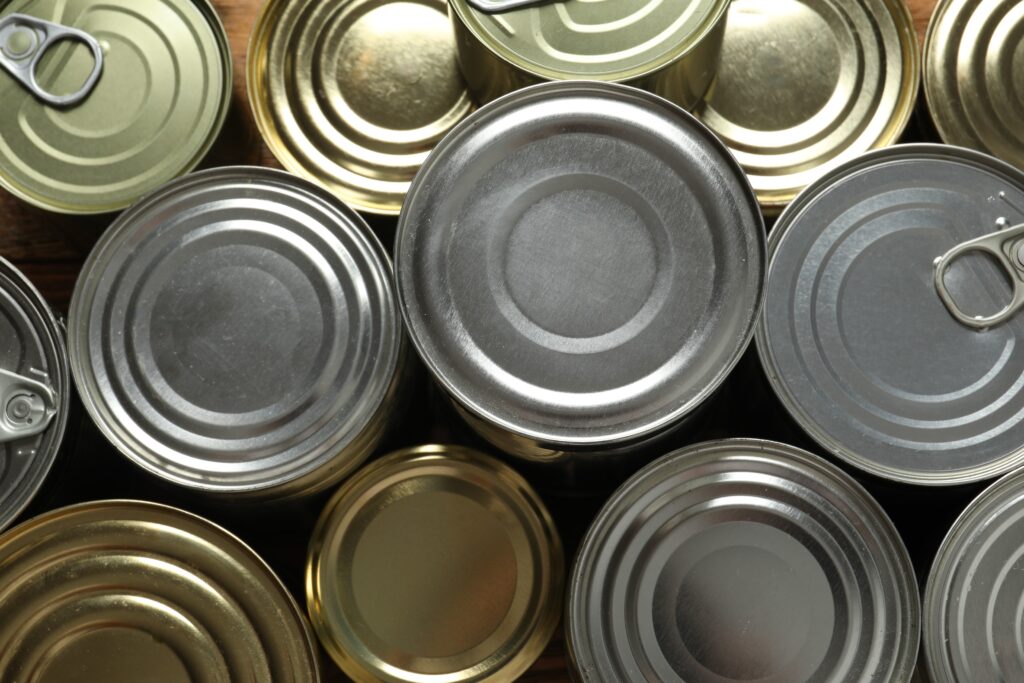This will mean that local authorities – or their contractors – will save a large part of the £20 million because more materials will be recycled reducing any landfill tax costs; and also that producer businesses will use more recycled plastic and so pay less plastic packaging tax.
[5/12/2023 Please note that this article has been amended to clarify the impact of the EPR and DRS as not saving Exchequer costs but instead costs to councils and some businesses]
In an analysis of EPR and DRS published alongside yesterday’s Autumn Statement from Chancellor Jeremy Hunt, the assumptions and methodologies behind the two polices are detailed.
EPR and DRS, says HM Treasury, are among policy decisions announced since Spring Budget 2023, and have a “fiscally significant impact on the public finances”.
HM Treasury’s costings are all submitted to the independent Office for Budget Responsibility (OBR) for their certification, the analysis document says, adding that “all measures were certified”.
Defra policies
Looking at EPR and DRS, the Treasury explains the two Department for Environment, Food & Rural Affairs (Defra) policies, which will be effective from 1 October 2025, as:
1. The Deposit Return Scheme (DRS) will charge anyone who buys a drink in a container within the scheme’s scope a small redeemable deposit for the container, which they get back when they return the container to a return point to be recycled.
2. The Extender Producer Responsibility (EPR) scheme means packaging producers will pay the full cost of managing packaging once it becomes waste.
| £ million | 2023-24 | 2024-25 | 2025-26 | 2026-27 | 2027-28 | 2028-29 |
| Exchequer Impact | 0 | 0 | -5 | -10 | -15 | -20 |
(source: HM Treasury)
Both the policies will impact on the Landfill Tax and Plastic Packaging Tax (PPT) tax bases, the analysis document notes. It says that the Landfill Tax revenue forecast is based on historic HMRC published data on waste to landfill and is projected in line with the OBR’s population forecasts as well as Defra’s on waste exports and waste incineration capacity.
The Plastic Packaging Tax revenue forecast is based on historic HMRC published data on plastic packaging and are projected forward in line with the OBR’s real consumer expenditure forecast as well as incorporating other assumptions to account for behavioural changes and exemptions, says the Treasury.
Costings
On costings, the analysis explains that there is “no static costing estimated for this measure. A behavioural effect is assumed, reflecting the tonnages of waste that are diverted. Defra estimates of the tonnages of materials that are anticipated to impact the tax base as a result of the EPR and DRS are used to cost the impact. We adjust the PPT and LFT tax base by the EPR and DRS diverted tonnages.”
However, the Treasury acknowledges that there is uncertainty around the figures in that the costings relate to the size of the behavioural response around DRS and EPR.
Landfill Tax rate
Yesterday’s Autumn Statement confirmed Landfill Tax rates from April 2024. It said that Spring Budget 2023 had announced that Landfill Tax rates would increase in line with RPI from 1 April 2024, rounded to the nearest 5p. For Landfill Tax rates see: www.letsrecycle.com/prices/efw-landfill-rdf/
Contaminated land
The Autumn Statement also briefly mentioned the issues around Landfill Tax costs and contaminated land.
Under a heading “Investing in key sectors”, HM Treasury referenced a Landfill Remediation Pathfinder. It said that “The government is launching a £78 million competitive pilot fund to alleviate the cost of landfill tax where it is acting as a barrier to the remediation and redevelopment of contaminated land.”











Subscribe for free